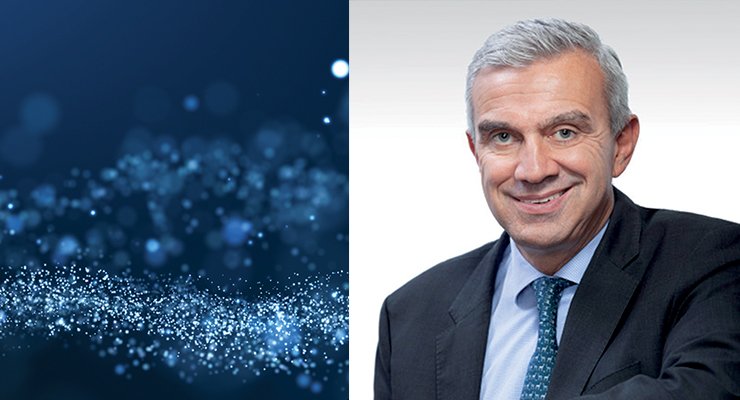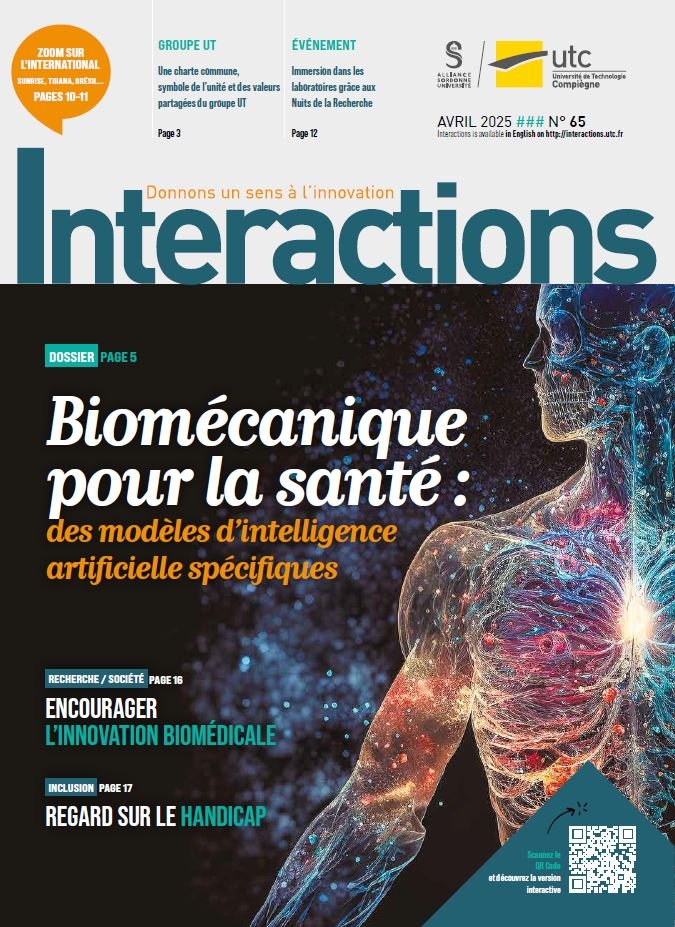Catalyst of projects

The UTC Foundation for Innovation is a link between the UTC and the Society to build the world of tomorrow. To make sense and enrich its training model, such is the vocation of this partnership foundation of the University of Technology of Compiègne around its founders: UTC, UTC Alumni, Saint-Gobain Glass and Sopra Stéria since 2020.
The UTC Foundation for Innovation aims at supporting, enhancing, financing and promoting actions for the development of innovation in the service of education and campus life. It is based on a shared project, a strong institutional alliance in order to take up the technological and human challenges of tomorrow and to federate all the actors around this project of common public utility. Created in 2018, this partnership foundation accompanies “the university in a different way” and contributes to placing the UTC at the heart of a network of sponsors and donors from multiple horizons. “The Foundation therefore supports and finances some of the innovation and entrepreneurship projects. It gives the means to explore and support locally, or in international paths. And all this within the framework of the most satisfying value of the UTC model, that of reconciling technologies and human beings. It has existed for nearly four years and already counts some beautiful achievements alongside the actors of the UTC, ” underlines Patrick Dupin, President of the UTC Foundation for Innovation and Deputy General Manager of the Saint-Gobain Group.
Linking industry and teaching
To make the excellence of the students shine brightly and to promote the research of the UTC, to accompany the development of the missions of public service of the higher education and particularly that of UTC in its mission of innovation are part of its flagship actions. “Close to the teams of the laboratories of UTC, in connection with the stakeholders and the patrons, the Foundation proposes specific programmes in support of the development of the UTC in the framework of the patronage. These programmes are developed directly by the Foundation or co-constructed with the project teams and the sponsors. They are supported by the sponsor companies who also have the opportunity, in the framework of some of these programmes, to engage their employees,” adds Sylvie Lemonnier-Morel, Secretary General of the UTC Foundation for Innovation.
Working in synergy
Through these scientific and academic collaborations, the students and research staff of UTC can, thus, be actors on large-scale projects with renowned industrialists, such as Saint-Gobain Sekurit which works in particular, within the SITAF chair, on high quality glazings designed to provide the transparent and intelligent surfaces of the future. They are constantly evolving in shape, design and functionality. The Foundation also supports the industrial chair in artificial intelligence (AI) of trust held by CNRS researcher Sébastien Destercke, in partnership with Sopra Steria and the Sorbonne Centre for Artificial Intelligence (SCAI). And also the Hydraulics and Mechatronics chair held by Eric Noppe, with CETIM, a patron partner.
A fund to support student entrepreneurship
The UTC Fondation, moreover, supports the young graduate students entrepreneurs, by granting to the best projects a helping hand towards the achievement of their prototypes, of their experiments, grants of excellence for the certain carriers who carry out their end-of-studies project on their startup project, in connection with the Pepite device. Beautiful startups such as Ontbo, AtmosGear, TechOs and Bikespin have all benefited financially from this. The Foundation finances spontaneous projects and supports student participation in competitions, with a total of ten projects. “We have also supported the academic career of about 20 engineering students within the framework of scholarships for excellence and international influence in 2022 at British, Canadian and American universities, all strategic partners of UTC. In 2023, we are going to continue to support he UTC community, to create even more interactions between the lecturer-research scientists and to increase tenfold our means to continue the support of the international courses”, concludes Patrick Dupin. Another important issue is the extension and renewal of our funding beyond the existing founding members. We want to finance chairs and new projects, and this requires resources, particularly from the private sector.”




